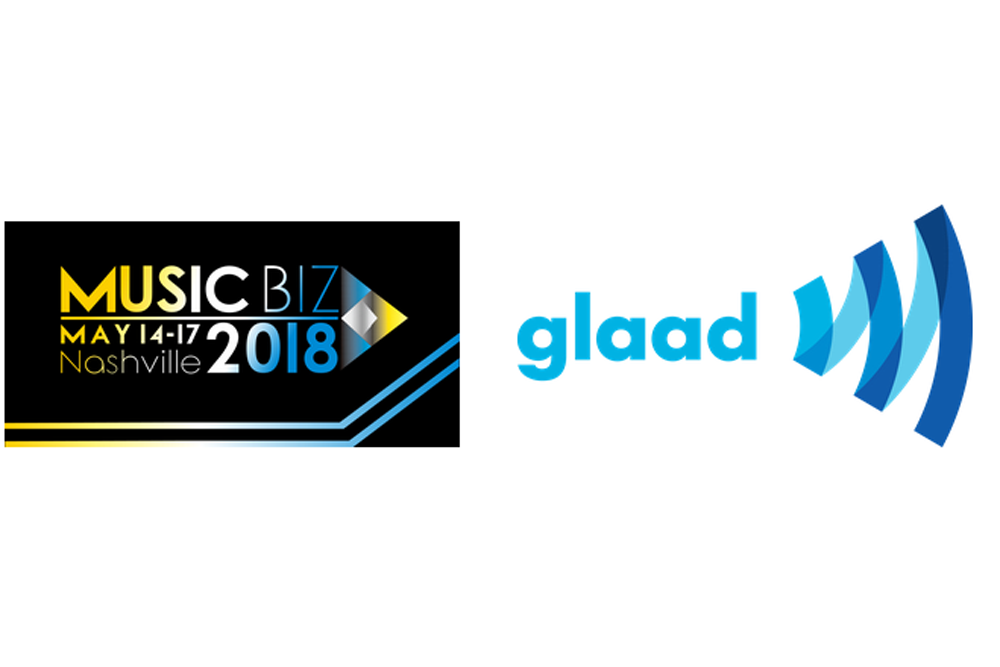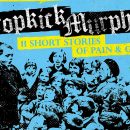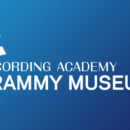Part One: The Term
Minimum Release Requirement and Options
A very common type of music publishing agreement that music publishers offer songwriters is the co-publishing agreement. This article will discuss three of its important provisions: the Term, the Minimum Release Requirement and Options.
What Is It?
In a typical co-pub deal, the songwriter transfers 50% of his or her interest in the compositions to the publisher, as well as a percentage of the publisher’s share of the music publishing income. The publisher also receives exclusive financial administration and agrees to use its best efforts to exploit the compositions. The songwriter usually receives a monetary advance against future royalties.
The Term Of The Agreement
The Term of an agreement simply means how long the deal lasts. Some people may think that you can enter into a co-pub deal with a major publisher ( Universal Music Publishing, Sony/ATV Music Publishing or Universal Music Publishing Group) for a set number of years, but that is not usually how it works. Typically, the music publisher will offer an initial contract period and perhaps three or more “options” to extend the term to be exercised at the sole discretion of the publisher.
The initial contract period starts upon full execution of the agreement and would end when the songwriter has satisfied what is known as the “Minimum Release Requirement” (“MRR”).
The Minimum Release Requirement
The MRR is defined as the number of compositions the songwriter must deliver before he or she can proceed to the next contract period, if the publisher exercises its option. The MRR typically is in the range of four or five 100% compositions written by the songwriter.
What this means is that if the MRR is four, then until the songwriter delivers the equivalent of four compositions that are 100% written by the songwriter, the initial contract period will not end. Actually, the songwriter does not have to write 100% of four compositions; it could be 50% of eight comps or 25% of 16 comps, etc. So, in fact, the initial contract period can last a lot longer than one year.
Four 100% compositions may not sound like a lot, but it actually is for this reason. Usually, to qualify in satisfaction of your MRR, your compositions must be:
• Written in the current contract period.
• Recorded and released in the U.S. on a major label or a label that is nationally distributed in the U.S. and U.K. by a major label.
And remember, nowadays three or more songwriters may contribute to a song, so you will rarely write 100% of a song.
Options
Let’s assume you have satisfied your MRR and are ready to move on to the first option period. Of course, you want to receive your next advance, which is due upon the publisher’s exercise of its first option. The publisher can decide not to exercise its option, for a good reason, a bad reason, or no reason at all. Then your publishing deal would terminate and you would be free to enter into another deal. If the publisher exercises its option, you get paid your next advance (at least in part) and now you have to satisfy the MRR for the first option period.
GLENN LITWAK is a veteran entertainment attorney based in Santa Monica, CA. He has represented platinum selling recording artists, Grammy winning music producers, hit songwriters, management and production companies, music publishers and independent record labels. Glenn is also a frequent speaker at music industry conferences around the country, such as South by Southwest and the Billboard Music in Film and TV Conference. Email Litwak at gtllaw59@gmail.com or visit glennlitwak.com.
This column is a brief discussion of the topic and does not constitute legal advice.














